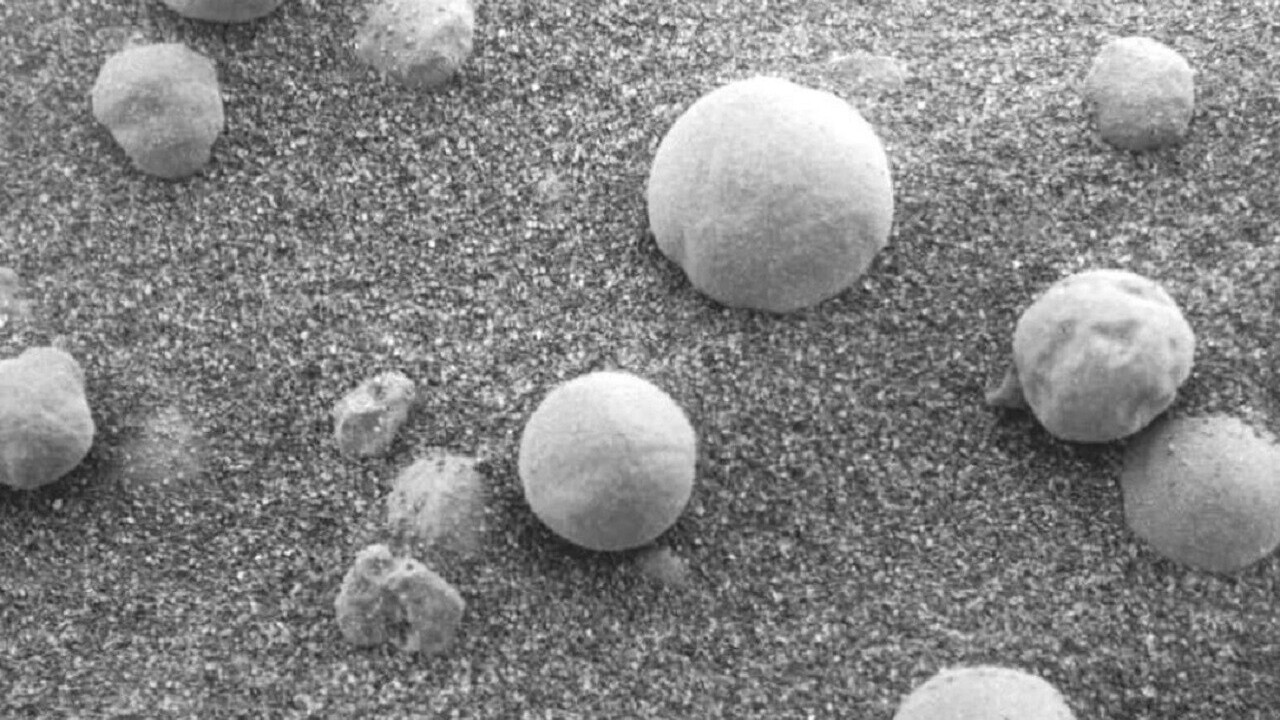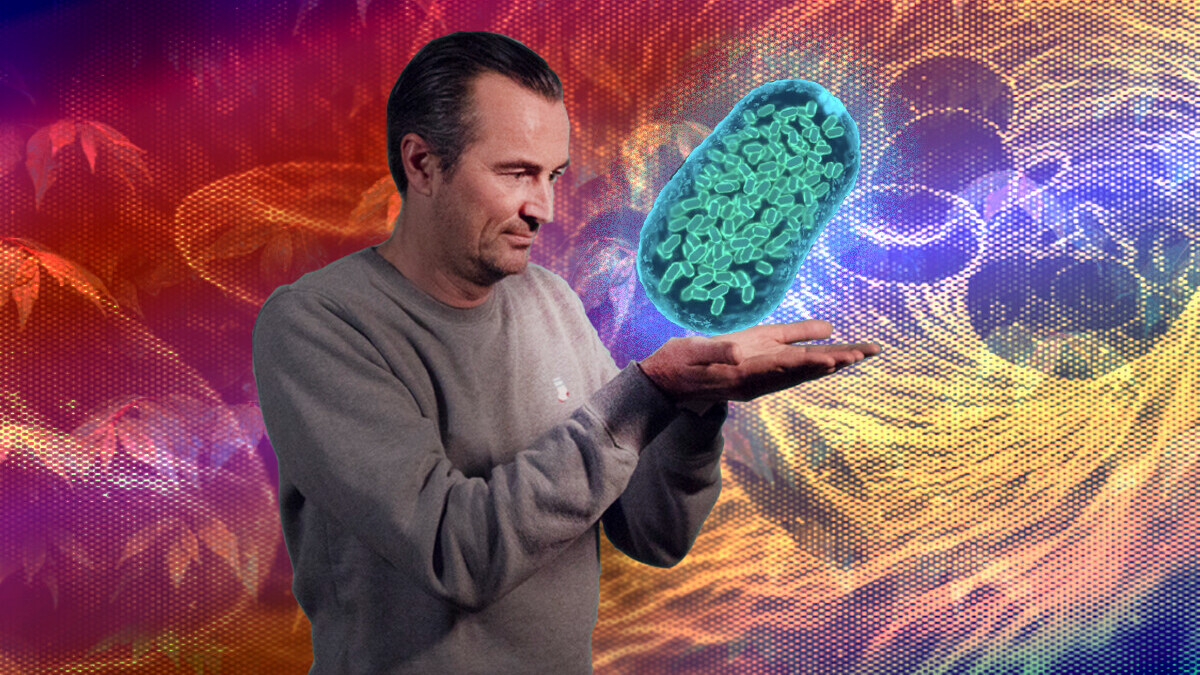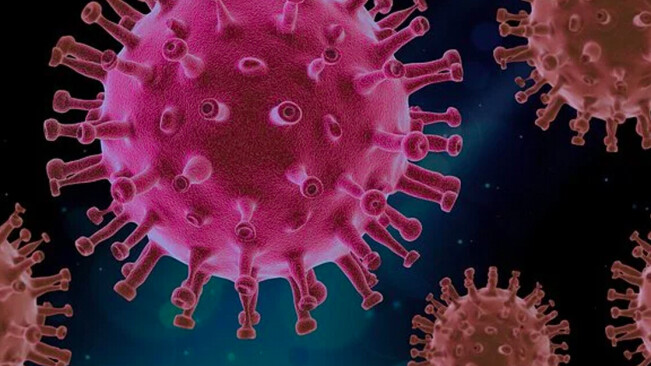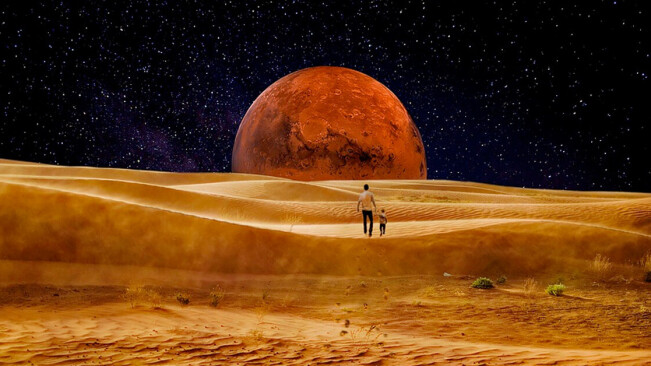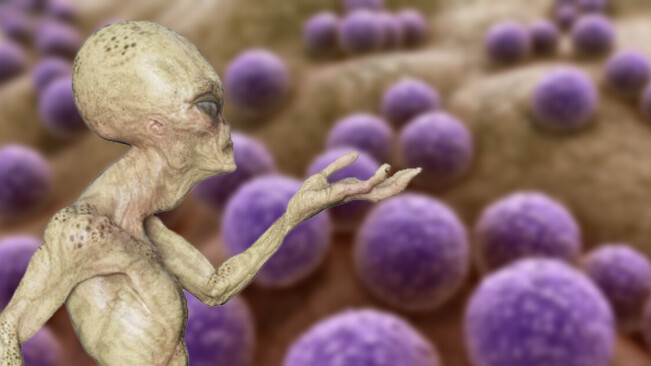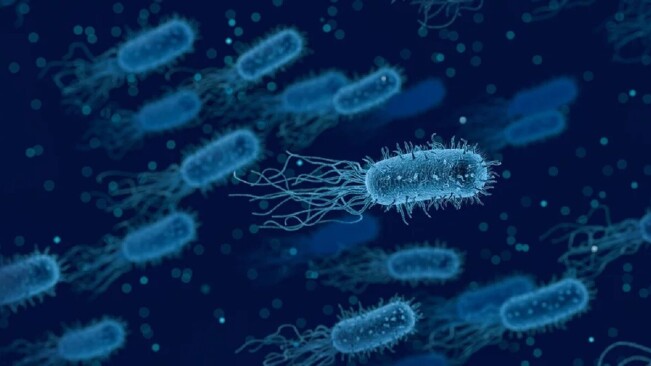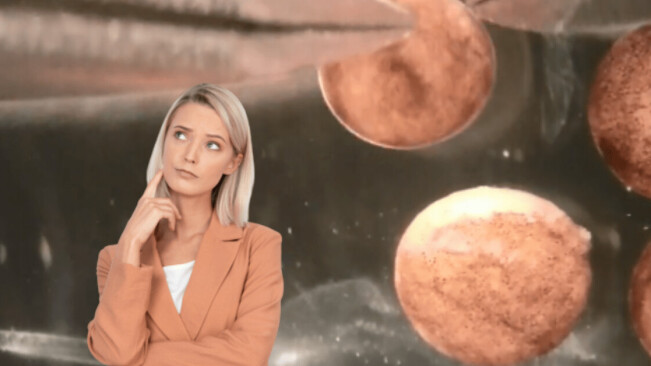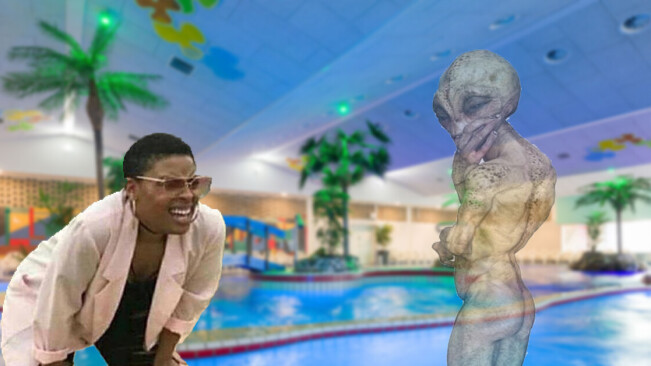All Articles for
Organism
In biology, an organism is any contiguous living system. In at least some form, all types of organisms are capable of response to stimuli, reproduction, growth and development, and maintenance of homeostasis as a stable whole. An organism may be either unicellular (a single cell) or, as in the case of humans, comprise many trillions of cells grouped into specialized tissues and organs. The term multicellular (many cells) describes any organism made up of more than one cell.
